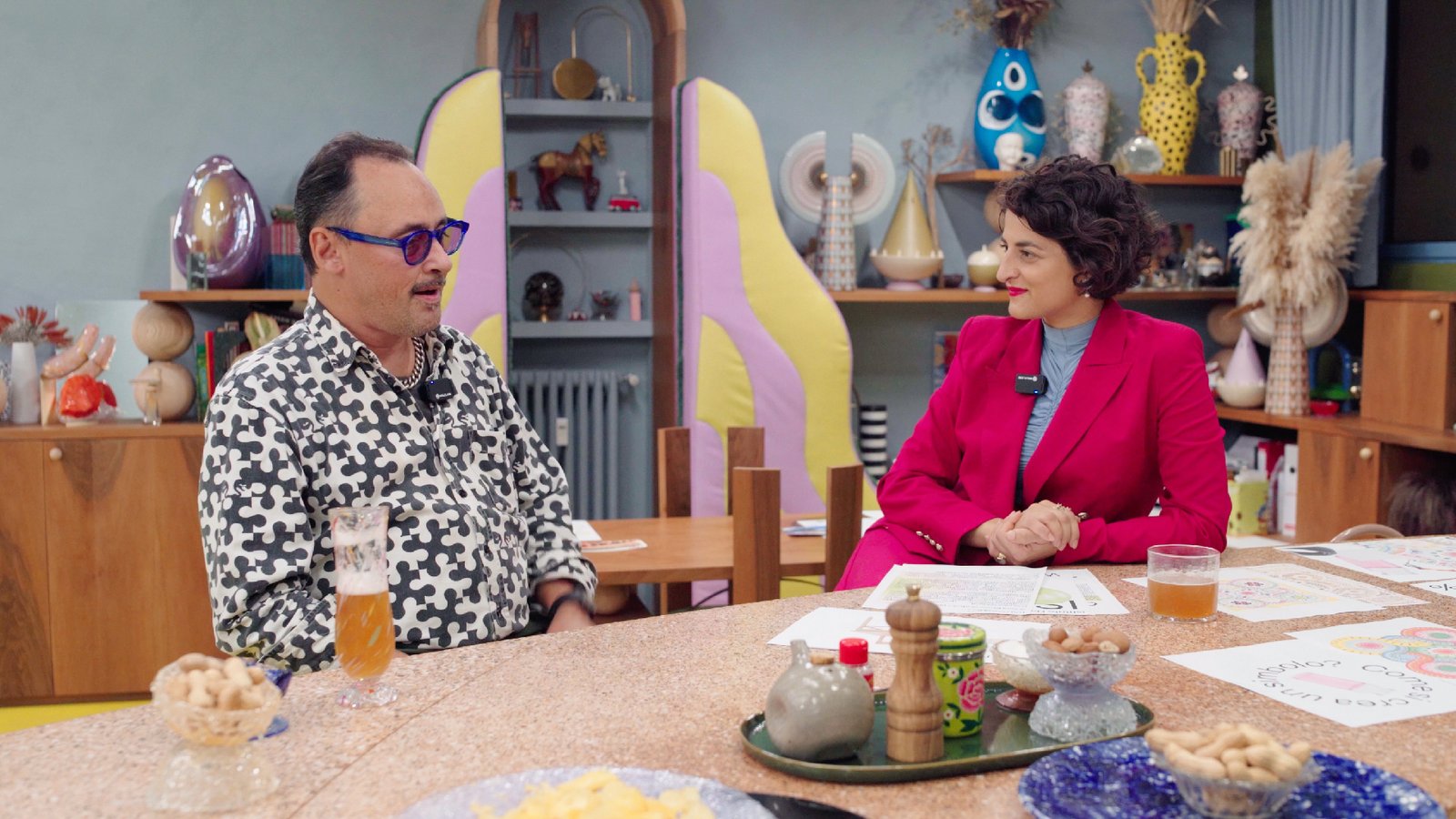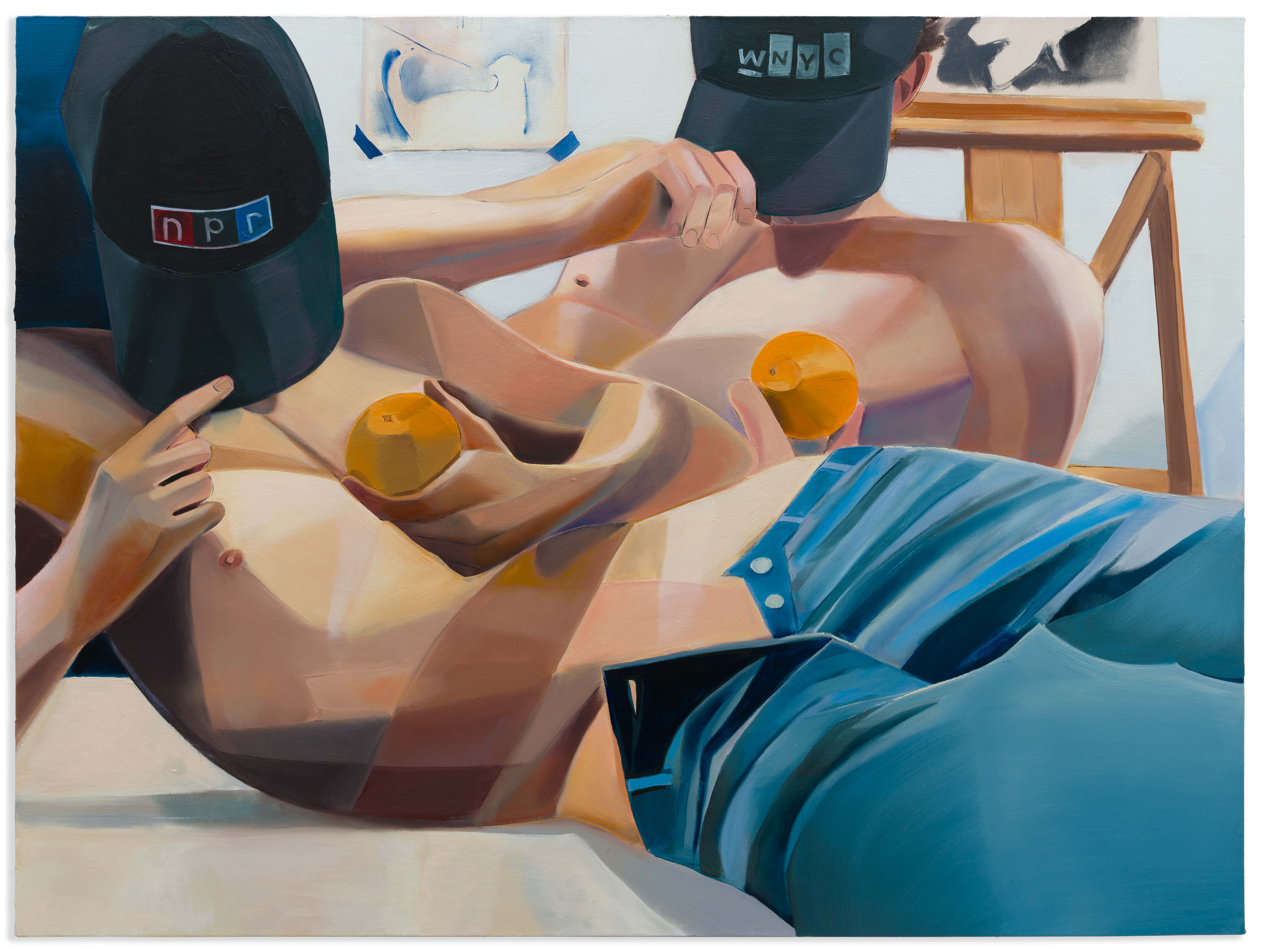
What does it take to be a successful artist?
Interview with Logan T. Sibrel
Logan T.Sibrel is New York-based artist who investigates intimacy from the standpoint of a queer artist. He has been exhibiting since 2009 and knows well the instability and competitiveness of the art market, limited opportunities for artists, and how to create them.
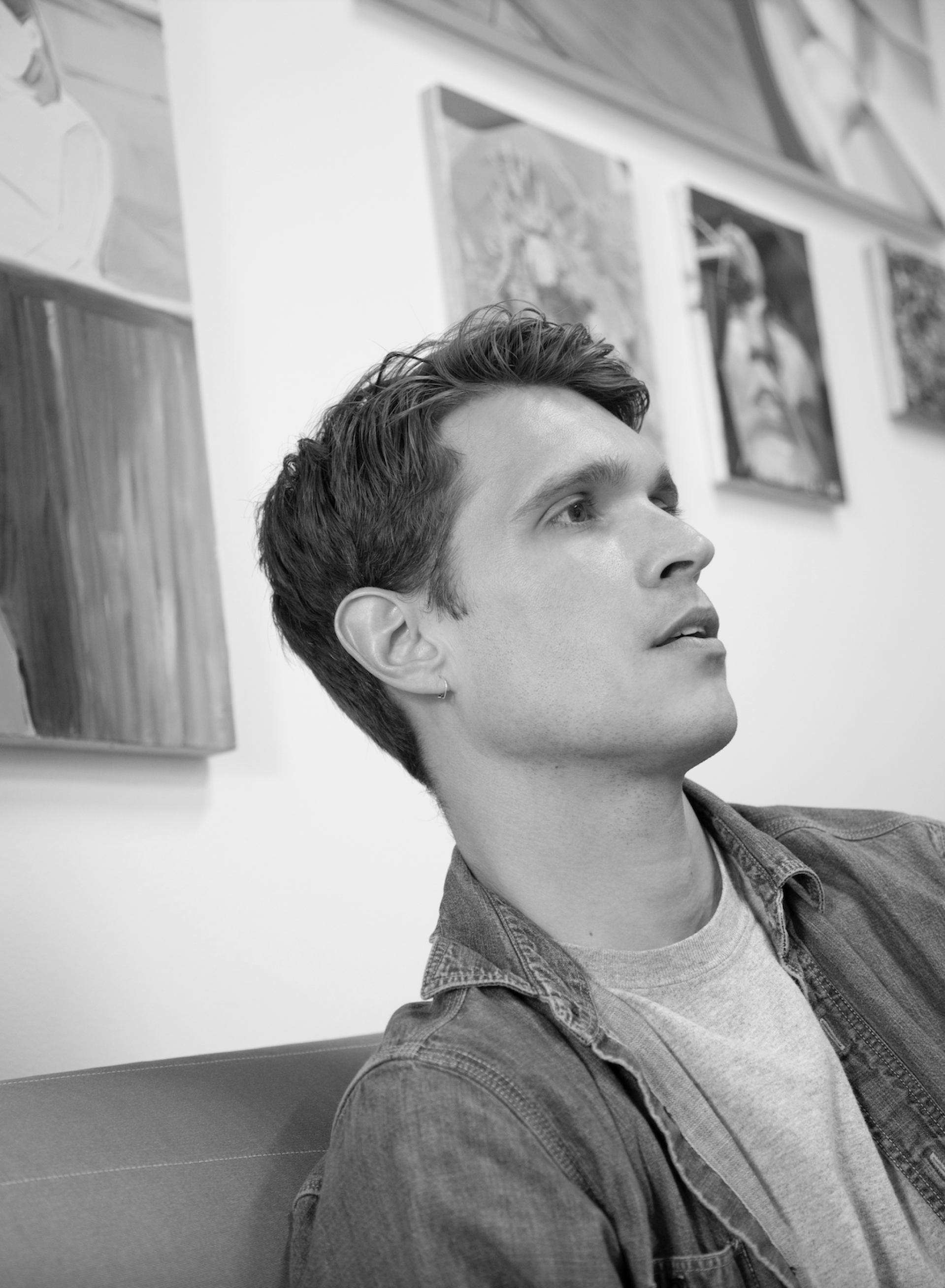
Nina: What does it take today to become a successful artist in New York and globally?
What are the strategies an artist uses to position themselves in this highly competitive industry?
Logan: So much has changed in terms of how eyeballs reach your work, and there’s no real logic to how things pan out, but I think a lot of things are always the same.
As much as I’m allergic to words like networking, I do think one’s network has always been and remains key. I’ve lived and worked in Brooklyn since 2009, but there were so many years where I couldn’t get a show in NYC to save my life. My dear friend Nils, who was a German exchange student at my high school, became a graphic/exhibition designer in Hamburg and suggested that we should start doing our own projects there, so things started taking off in Germany much more quickly. I have also definitely benefited from having a tight group of painter friends from my undergrad days at Indiana University who all moved to NYC around the same time.
I think you need to maintain friendships with other artists who you trust and whose work you respect, and to, especially at first, just show your work wherever you can. People get snobby because maybe a gallery isn’t their first choice or because their only opportunity to exhibit is at a coffee shop or whatever, but I think the space doesn't really matter if the work is good.
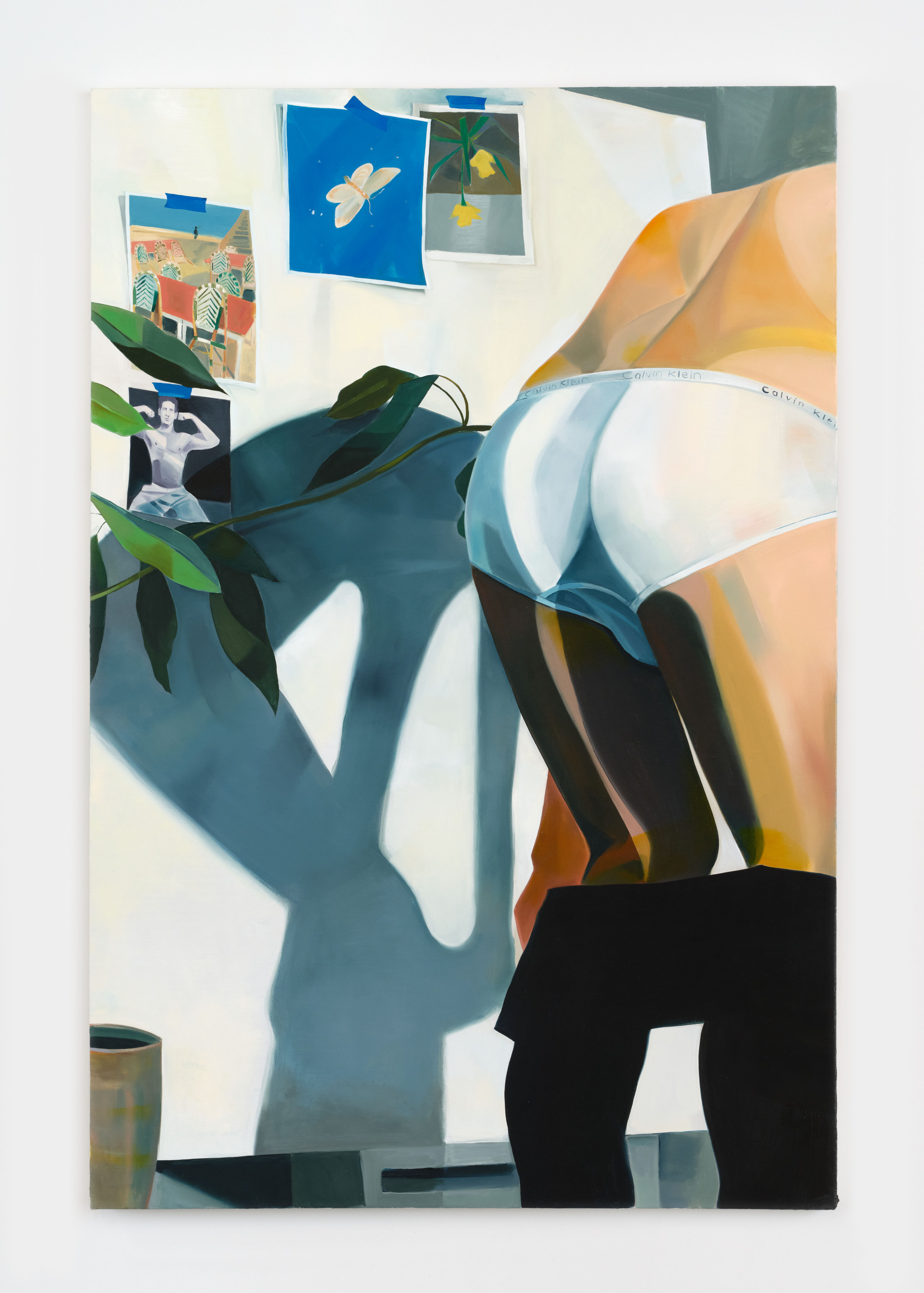
Nina: Do you feel that the current system of being represented by a gallery works for an artist and if not how do you think it could change to serve you better?
Logan: It totally depends on your goals as an artist and, depending on whatever reach one can achieve on their own, representation may not end up being as essential as it used to be.
In the last few years I’ve gotten more picky about who I work with (I realize this is a privilege). I’m generally distrustful of THE MAN, so I make sure to work with people on the same wavelength, who show artists I actually like, and who are in cities I like to visit. This approach felt like I was shooting myself in the foot for a long time, but it's served me well in the long run. I've had very few negative experiences.
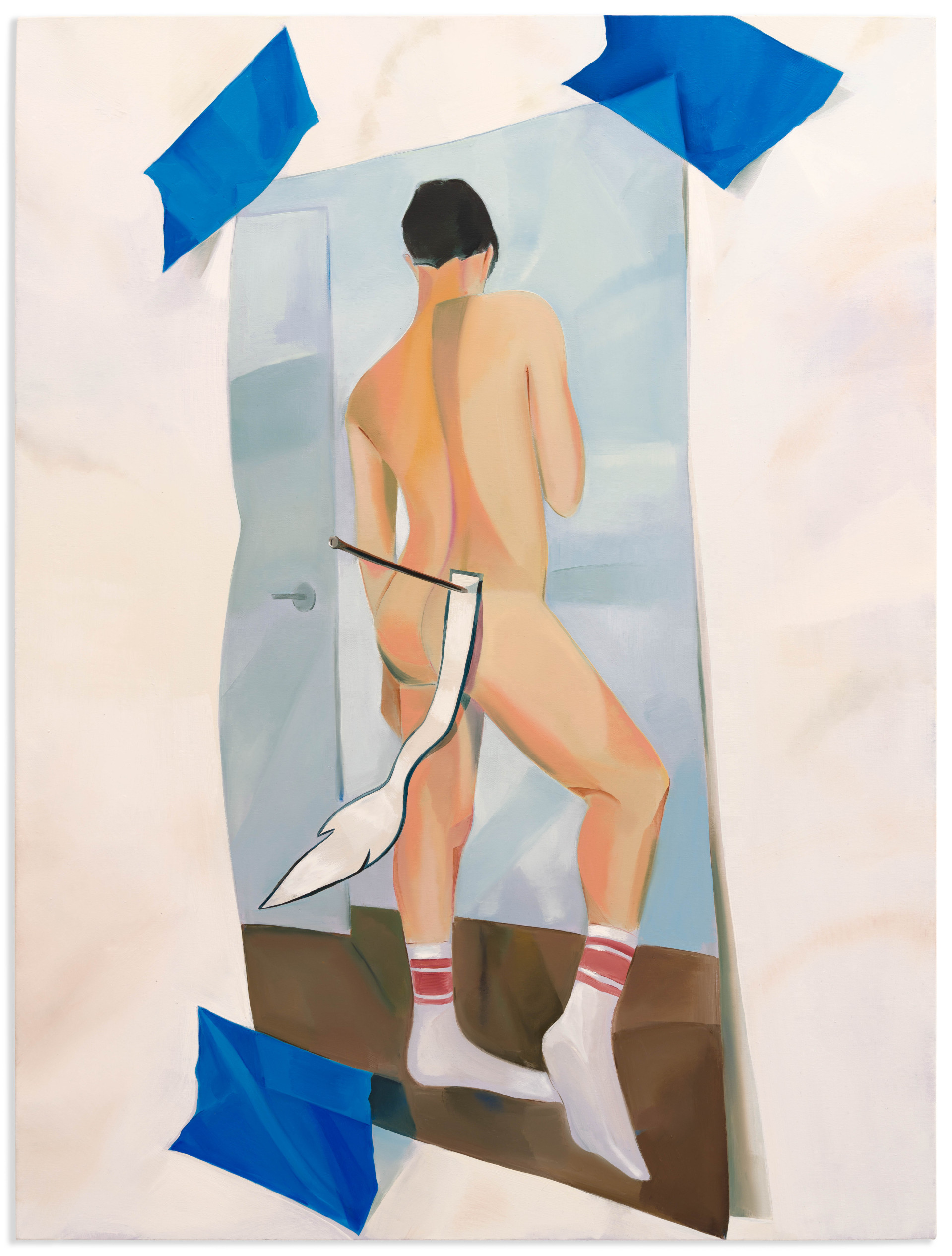
Nina: Does the art market play any role in the subject matter you chose for your works? Would you have painted differently if you did not have that pressure?
Logan: It’s hard to say. On some level, sure, probably. At least subconsciously.
I’ve never painted any specific subject matter because a gallery suggested it or something (I’m more likely to do the exact opposite, out of spite), but I do think if I’m making work I want to be making, and it happens to be successful and results in me not having to freak out about my finances, I might give myself permission to stay in that zone longer than I would otherwise.
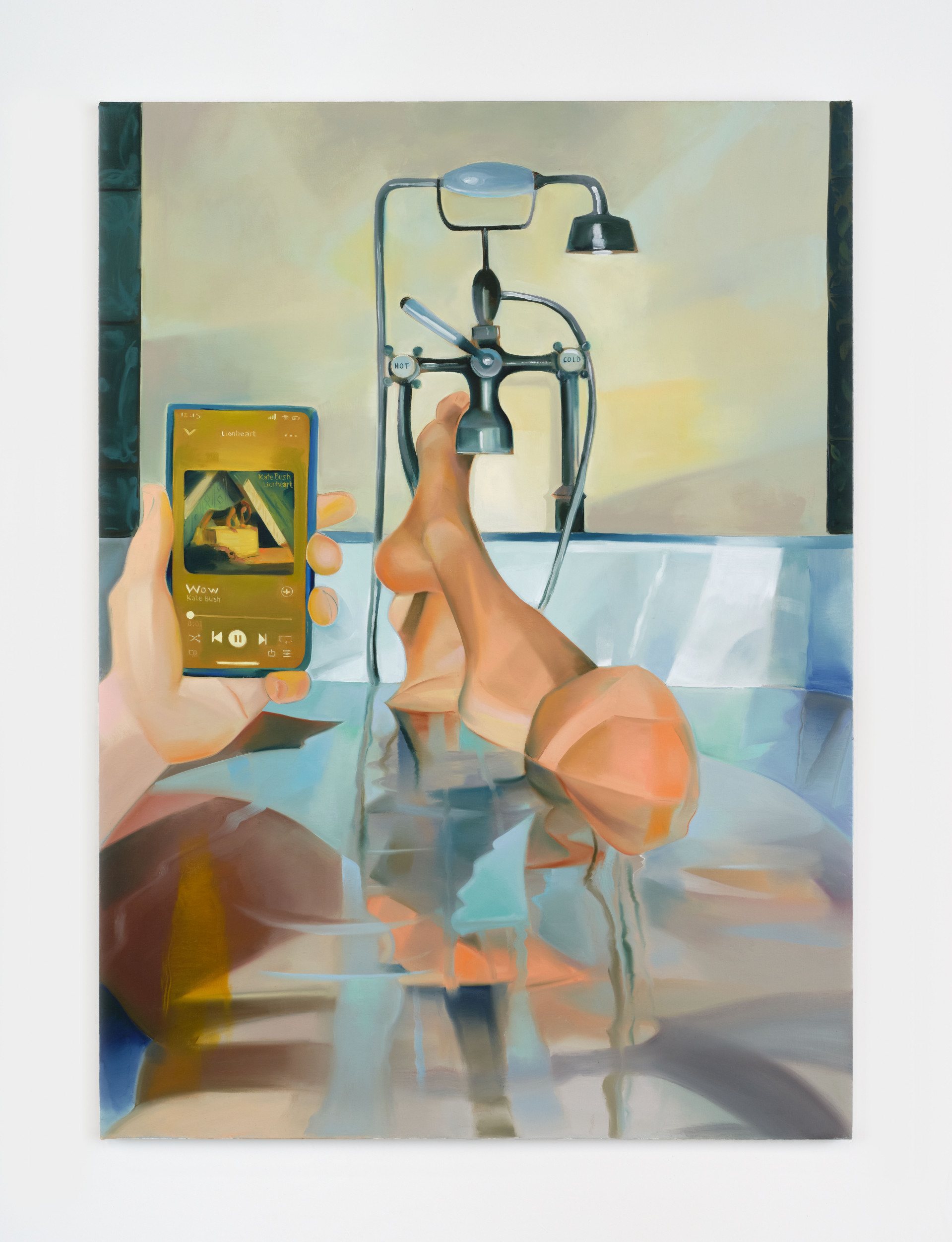
Nina: Do you think artists need to become brands to be more accessible for the larger audience?
Logan: I’m the wrong person to ask this question. I tend to think that work can’t be great if everybody likes it. It should rub some people the wrong way.
Nina Chkareuli-Mdivani is a Georgian-born, New York-based independent curator, writer and researcher. She is the author of King is Female (2018), the first publication to investigate issues of gender identity in the context of the historical, social and cultural transformation of Eastern Europe over the past two decades. Throughout her career she has lectured worldwide and published numerous articles for magazines such as E-flux, Hyperallergic, Flash Art International, Artforum, MoMa.post, The Arts Newspaper and many others.
Her research delves into the intersection of art history, museology and decolonisation studies, with a focus on totalitarian art and trauma theory, themes he has also explored in the more than ten exhibitions he has curated in New York, Germany, Latvia and Georgia.



